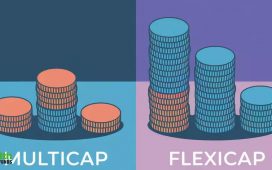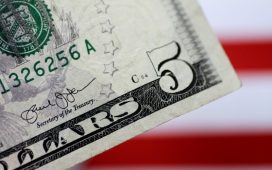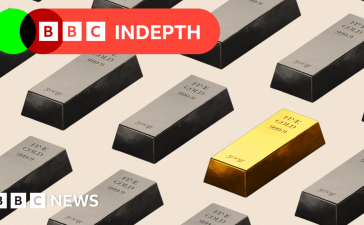In the fourteenth annual letter to his clients, Smith reviewed the past calendar year experienced by clients in his fund, which offered a total return of 12.4%, lagging the wider IA Global peer group’s 12.7%. The fund has now underperformed the MSCI World Index on a three- and a five-year basis.
Smith commented on two key events from 2023, starting with the rise of AI themed investing in equity markets, a trend which acted as the “driving forces behind the rise of most of the Magnificent Seven and especially Nvidia”.
Fundsmith Equity slips further down ii most bought list
Nvidia’s share price soared to represent a greater than $1trn market cap in late May 2023, the first AI chip maker to reach the milestone and one of only nine firms to ever achieve that landmark.
Smith noted that AI was not a new concept, however, and opportunities to invest around that space had been present in the market for several years via Microsoft or Google.
The fund has been invested in Microsoft firm for several years and it was the second highest contributor to the fund’s performance in 2023, bested only by Meta, formerly Facebook. Smith also criticised the market’s rampant reaction to the AI trend fuelling the Nvidia rally.
“The stock market… has decided at the outset that it can identify winners in AI in the form of Nvidia designing the chips on which the generative AI models will run and Microsoft as a provider of an AI model.”
He said: “If it can do so at this stage it would seem to me to be a break with tradition.”
Terry Smith lands £36m payout despite turbulent year for Fundsmith Equity
Smith pointed to some of the “major technology developments of the past half century or so and the early leaders”, highlighting the vanguard Intel chip, AOL, Nokia, Yahoo, Blackberry and Myspace as early leaders that lost grip on their crown.
“Where are they now? Does this experience suggest that we can predict a winner in the area of AI at the outset?,” Smith asked.
He added there was the potential that “maybe there will not be a winner… the adoption of AI may lead to a situation where everyone has it, so no one has any advantage”.
“I think we will suspend judgement of who, if anyone, will emerge as a winner in AI.”
The second major event Smith noted was the passing of Berkshire Hathaway vice chair Charlie Munger.
Smith used the closed out his letter with a tribute to Munger, who was the right-hand man to Warren Buffet, and shared his favourite quote regarding the “current state of world affairs” from the investment veteran: “If you are not a little confused about what is going on, you do not understand it”.
Biggest performance contributors and detractors
In his annual letter, Smith detailed the changes to the portfolio during 2023, as well as the stocks which contributed the most to its performance and those which inhibited it.
One of Smith’s guiding management principles is ‘do nothing’, opting for a long-term buy and hold approach.
This typically means the fund’s annual turnover is minor, however last year there were six changes to the portfolio’s allocation, after the manager offloaded stakes in Adobe, Amazon and Estée Lauder, and began positions in Procter & Gamble, Marriott and Fortinet.
Take-private deals dominate UK M&A landscape in 2023
Smith acknowledged that the 11.1% portfolio turnover for the year was “a little higher than usual”, but argued that “in some cases the size of the holding sold or bought was small”.
Estée Lauder was the fund’s worst performer overall, losing 1.8%.
Smith sold out of the cosmetics firm in August 2023, and in the letter cited reasons for his exit: “[The] mishandling of the demand/supply situation in China following reopening post-Covid and in the travel retail market revealed serious inadequacies in its supply chain.”
It contrasted with “long-term favourite” L’Oréal’s management of its Chinese market exposure, which contributed to it generating the fourth best returns in the fund.
The biggest winner in the fund was Meta, which generated 4.5% of the fund’s total annual returns, as the stock enjoyed a 178% over the course of the year.











